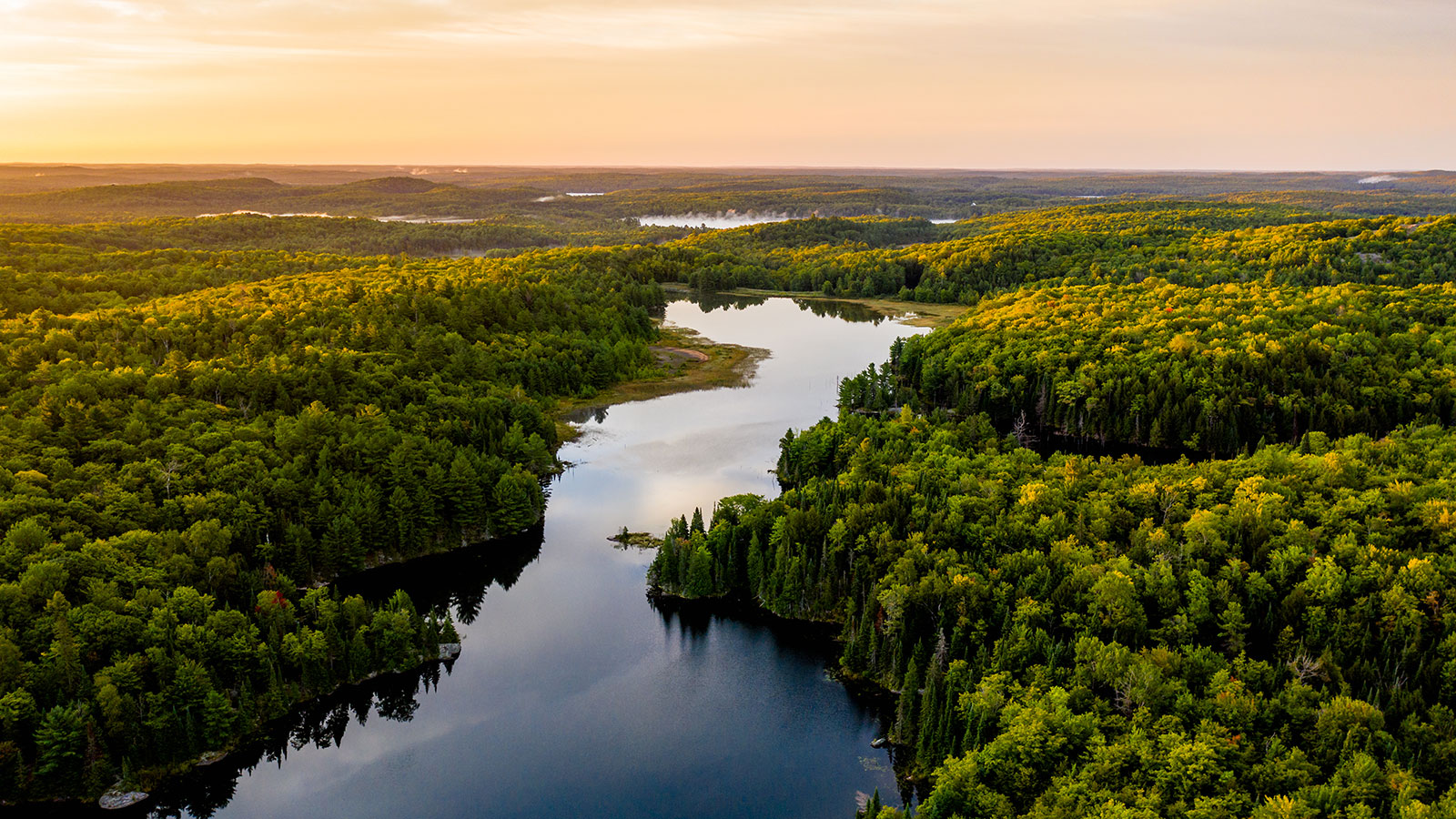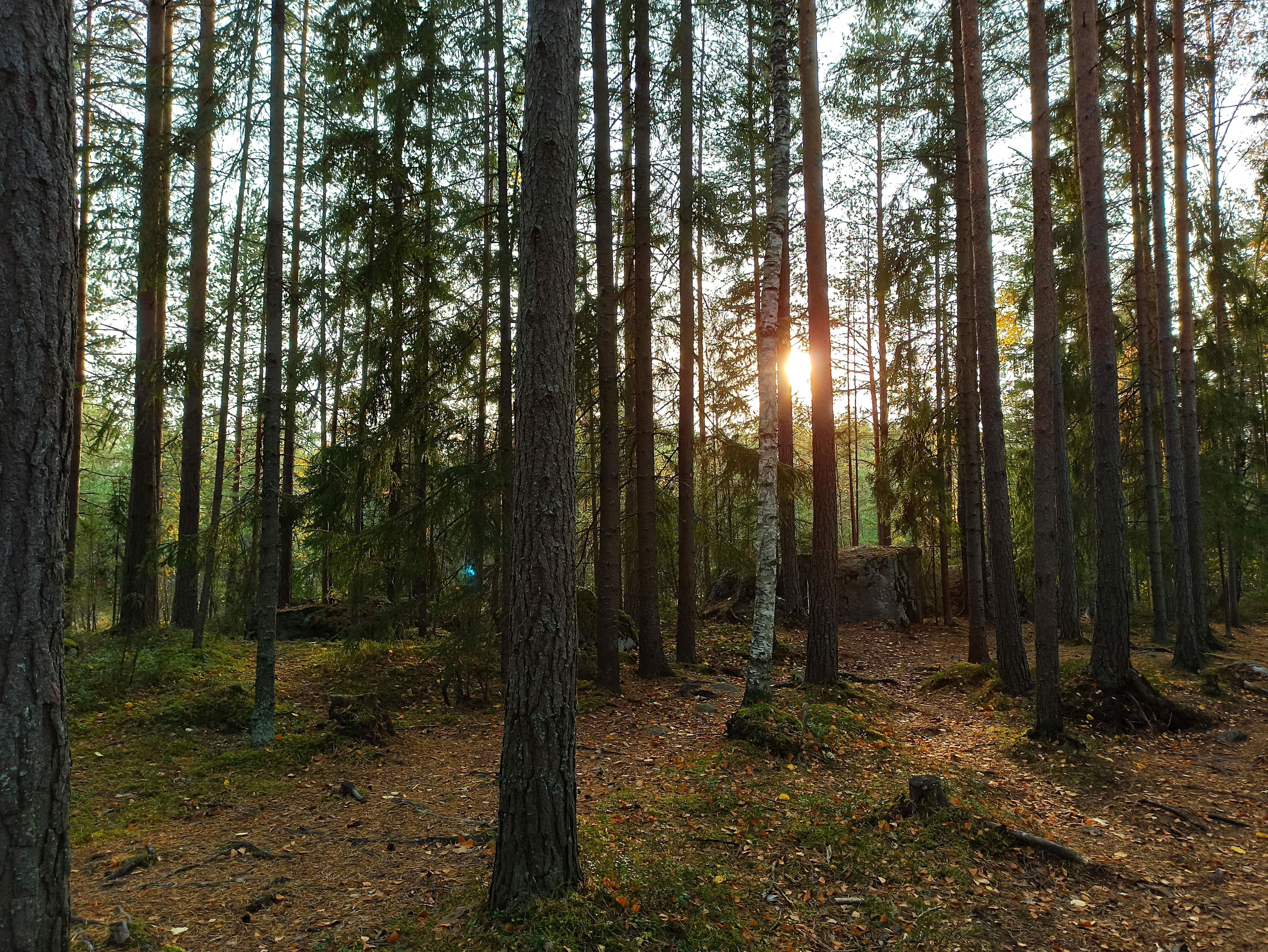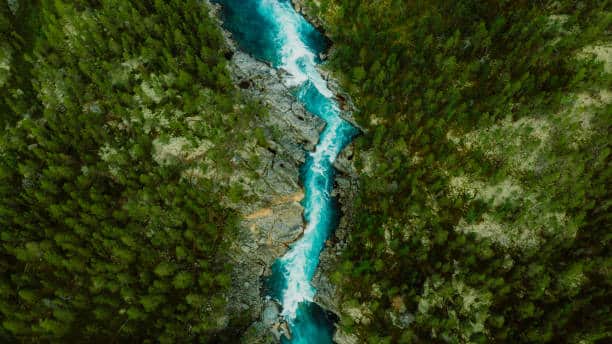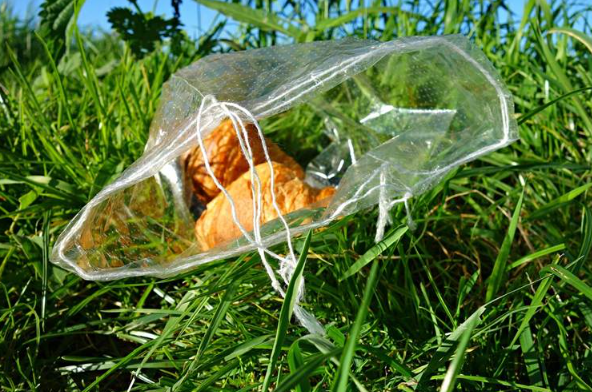With an exponential increase in global warming emissions, there has also been a major increase in the instances of water scarcity developing around the world. These two are inextricably linked. This will affect the natural environment and human society for many generations to come. So what can we do?
How is Water Scarcity changing the natural and human environment?
More than 60% of the world’s drinkable water (i.e. freshwater) comes from glaciers and icecaps. With increasing climate change, more of these supplies will be melted. As currently 1/6 of the world relies on water from these sources, the decrease in their availability will place a major strain; plants drying out and dying, animals who are heavily water dependent being wiped out, food sources not having enough water, and in general, an ecosystem collapse. This will also have a major effect on the human population dependent on these sources of water, placing major strains on the economies of countries and of human individuals themselves. Crop shortages will be a widespread phenomenon, and soil conditions will also be degraded due to increased erosion from staggered rainfall.

In addition to this, there will be an increased risk of water disasters, such as flooding (from sudden rain) and drought. This will be not only from global warming, but also human civilisation. Deforestation and the removal and burning of floodlands will mean that will less water will be taken up, ultimately leaving less water in the soil. This leads to an increased risk of such water disasters. The cost that this has for the natural environment as well as on human infrastructure is immense. Sea level rise is projected to increase salinisation of groundwater, decreasing freshwater availability for humans and ecosystems in coastal areas.
How will this affect the movements of animals and humans?
This will majorly affect humans and animals movements, as with the destruction and change of ecosystems, animas will be forced to migrate or die. People living in places affected by drought or extreme flooding will be forced to relocate, ultimately leaving an increased amount of ‘environmental refugees’. This will leave a major impact on the cities and countries accepting these people, leading to severe economic and political consequences. Overpopulation will increase, as well as the density of people living in specific places.

What could happen in the future?
The future doesn’t bode well, as water scarcity may lead to starvation and economic downturns (soil degradation, droughts, flooding, increased food prices), and as with any major depressions in humanity, this will most likely lead to more war between them. For example, in the middle east, water scarcity is already a major concern, and has been an underlying issue in a few of the wars that have been fought there. In the future, the risk will be even higher, and may ultimately lead to a war about water.
However, this doesn’t have to be this way; there are a few solutions concerning this. For example, stopping wetland and bog exploitation will not only mean that CO2 will be stored, decreasing global warming, but also that this will give a steady water supply to the ecosystem that surrounds it. Absorbing water will also decrease the risk of droughts and flooding, as they will serve as ‘water sinks’. Therefore, there will be less water-related disasters. Early warning systems for floods, droughts and other water related hazards provide a more than tenfold return on investment and can significantly reduce disaster risk: a 24-hour warning of a coming storm can cut the ensuing damage by 30 per cent. People will be able to build homes and infrastructure that will survive these storms, as well having the measures put in place to be relocated in the event of a water related disaster. Finally, agriculture using drip irrigation and other means of using water more efficiently can help reduce demand on freshwater supplies, and increase food supplies. Although these solutions seem very broad, we as individuals can do things such as volunteering to help recover ecosystems, giving money to organisations that may be responsible for this, as well as voting for political parties that have environmental issues like water scarcity on their main agendas.

Conclusion
Water scarcity is undeniably one of the biggest problems in the world right now, as not only does it directly affect everything, it also has major indirect effects. Water is the glue that holds the world alive and breathing as it is now, and messing this up can have major consequences for the planet. There are many viable solutions, and the only thing that we as humans have to do is implement them.





